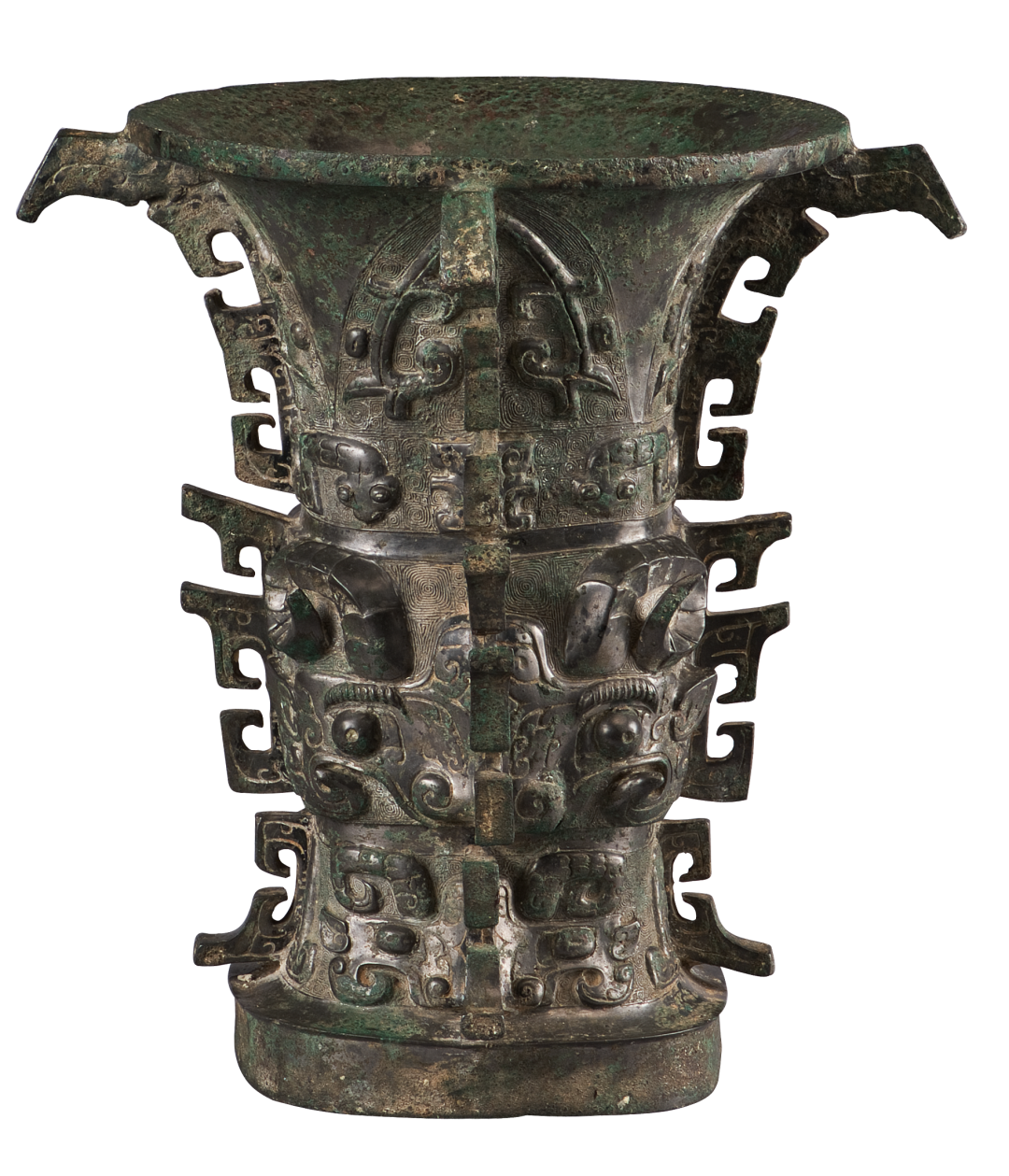The past continues to shape our future
Core ideas of Chinese philosophy examines how major questions were addressed, Li Yingxue reports.
By Li Yingxue | China Daily | Updated: 2023-08-04 08:19

Unearthed from the depths of time, cultural relics are more than just a historical record or an artistic treasure. If only they could speak, what captivating tales would they share?
As we stand before these ancient relics, a sense of connection envelops us, transcending the boundaries of time and culture. It's as if they whisper their secrets, revealing not just their age and material, but also a profound message that resonates with our souls.
In the recently published book, The Shape of Ideas: Chinese Philosophy in Cultural Relics, Zhang Xi, professor at the Department of Philosophy, Xiamen University, delivers the core ideas of Chinese philosophy from 72 historical artifacts before the Ming Dynasty (1368-1644), showcased in public museums.
Using the simplest modern language, he delves into 18 themes to reveal how the ancient sages faced the most crucial spiritual challenges of their times. Their quest sought to answer fundamental questions such as: What is a human being? What position do humans occupy in the universe? And how can a person attain happiness in their lifetime?
Based on the structure of "Cosmology-Ontology-Theory of Mindfulness" for ancient Chinese philosophy, Zhang probes the achievements of recent years, and portrays the Chinese world of thought for its vivid transformation from pre-philosophical period to early modern period and from elitism to popularized orientation.
The book, published by SDX Joint Publishing Co, is the result of a partnership with British academic and trade publishing company, Palgrave Macmillan, for the release of its English version next year. Additionally, the Persian version of the book will be co-launched in collaboration with Mehregan-e Kherad Publication from Iran.
























